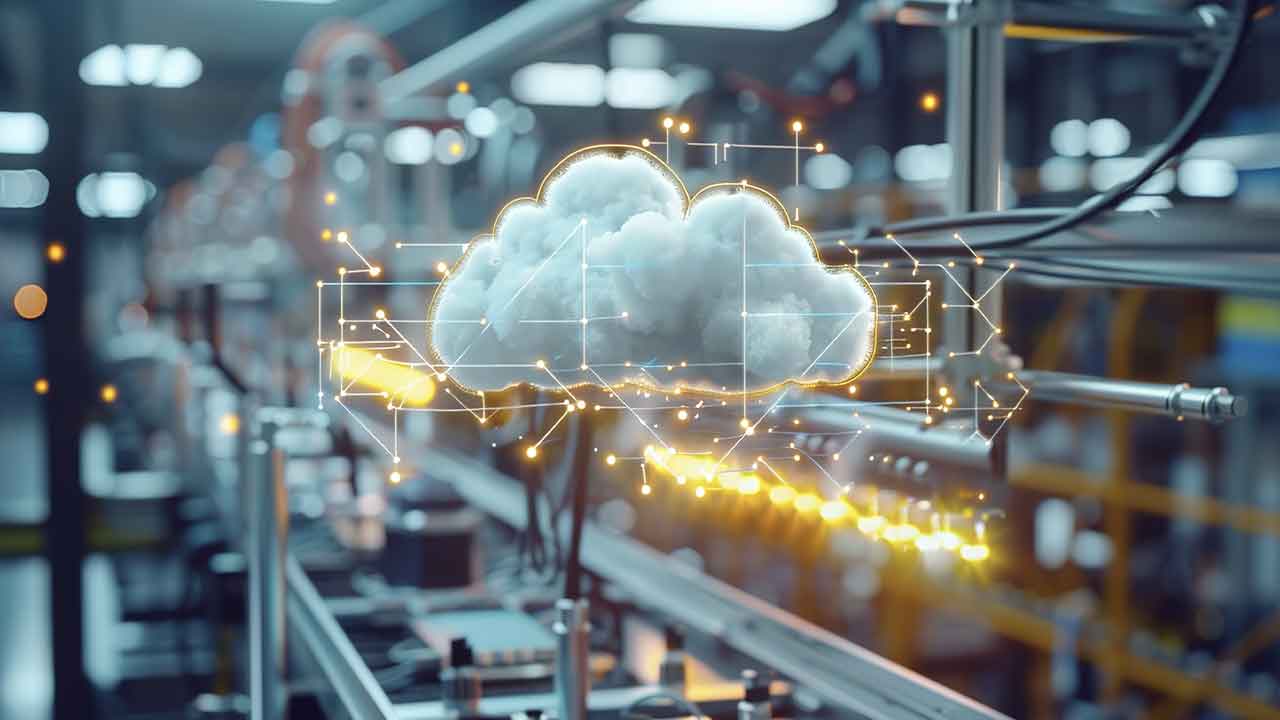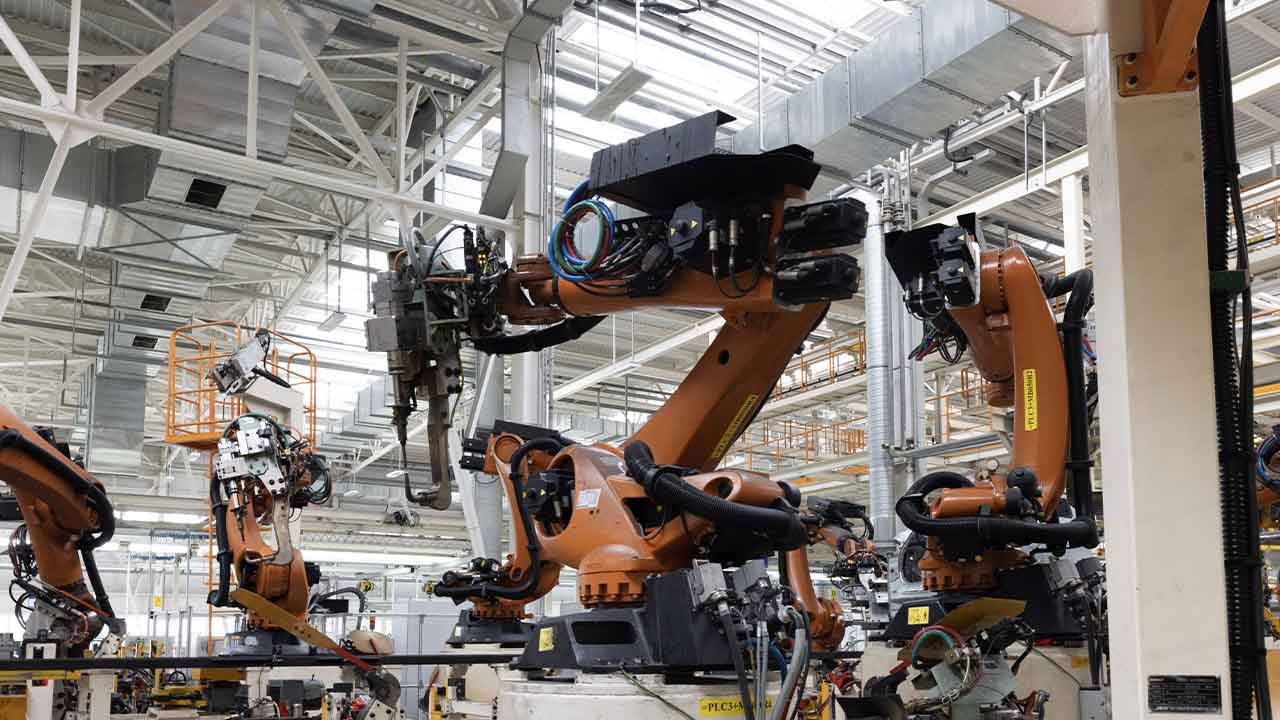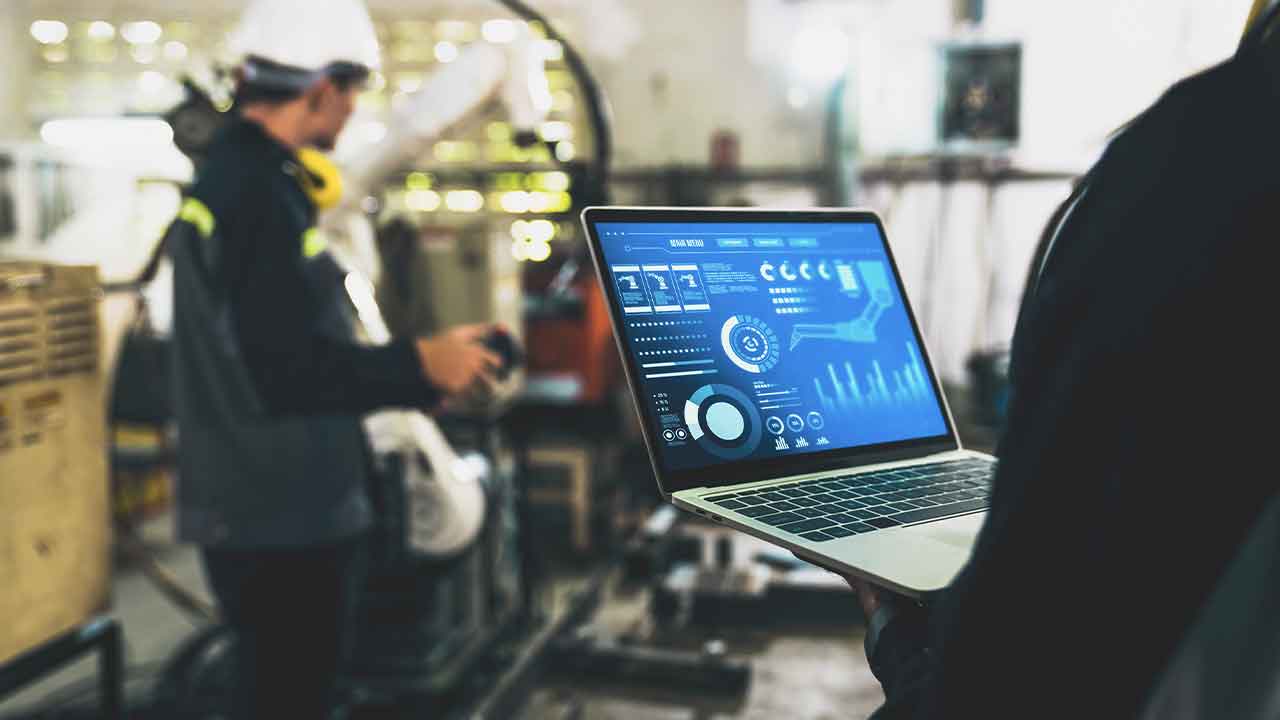AI and the New Energy Paradigm: Insights from Schneider Electric’s Chief AI Officer | SPONSORED
At this year’s Hannover Messe, Philippe Rambach, Schneider Electric’s Chief AI Officer, highlighted the immense potential of artificial intelligence in revolutionizing sustainability across various industries. In this interview, Philippe delves into how AI significantly reduces environmental impact and elevates operational efficiency to unprecedented levels.
AI as a Catalyst for Sustainability
Philippe starts by addressing the common misconception that AI’s utility drains resources due to its substantial energy demands, such as those required by data centers. Contrary to this notion, he illustrates how Schneider Electric harnesses AI to propel the sustainability efforts of their customers, as well as their operations, helping to make global industries more sustainable. According to Philippe, AI can crucially impact sustainability in three primary ways:
- Reduction of Energy Use: AI can optimize processes to consume less energy while maintaining the same output, effectively reducing carbon footprints across industries—from heating buildings more efficiently to producing goods with less energy.
- Transition to Electrification: Philippe emphasizes the shift toward electric energy, the only type that can be completely decarbonized. This transition involves a shift in energy sources and optimizing the use of green electricity through AI. This includes managing supply and demand more efficiently to avoid peak demands that typically lead to increased carbon emissions.
- Demand Management and Peak Shaving: By using AI to predict and manage energy use, companies can improve their energy profiles and make smarter decisions about when to use, store, or sell energy, which helps reduce demand spikes and reliance on carbon-intensive energy sources.
AI’s Impact on Energy Transition
Delving into AI’s role in the energy transition, Philippe highlights the rising influence of prosumers—entities that both produce and consume energy. AI empowers these prosumers to optimize the balance of energy production and consumption, paving the way for a brighter, greener future. Moreover, AI solutions facilitate superior integration and management of intricate, mixed-energy grids, a crucial step towards sustainability.
Challenges and Skills Development in AI
Philippe also underscores the challenges of embracing AI, particularly the pressing need to bridge the skills gap in the workforce. He urges companies to focus on real-world business problems that AI can solve, rather than being overwhelmed by the technology’s potential. For successful AI implementation, he underscores the vital role of merging AI expertise with domain-specific knowledge through interdisciplinary teams.
The interview was recorded by Lucian Fogoros during the Hannover Messe 2024. This summary was created based on the video transcript with the assistance of https://chat.openai.com. It was edited by the IIoT World team.



